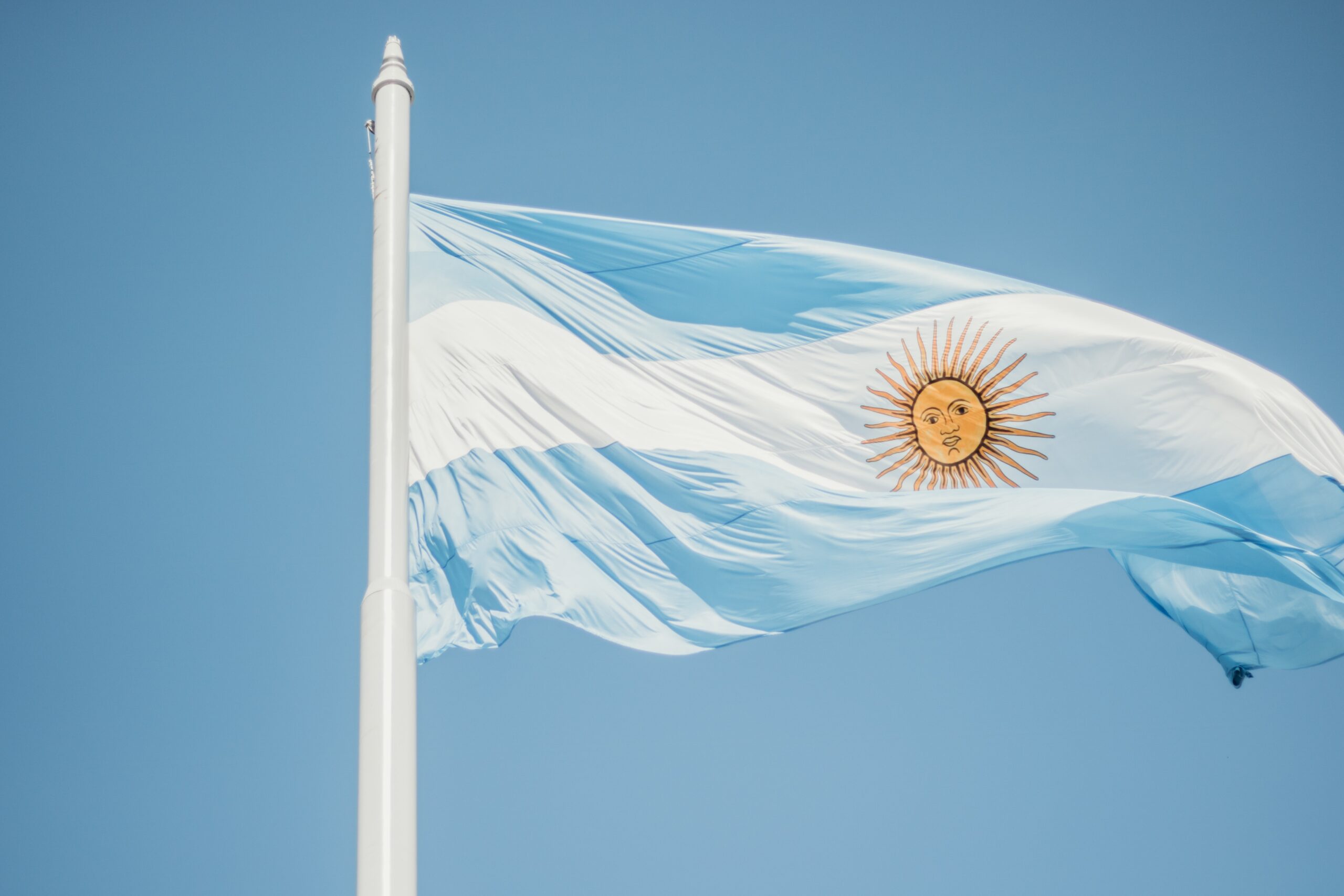Argentina and the International Monetary Fund (IMF) have reached a staff-level agreement to revamp the country’s $44 billion loan program, unlocking about $4.7 billion in funding and paving the way for a new debt deal with the lender.
The agreement, announced on Wednesday, came after a week of intense negotiations between IMF officials and the new administration of President Javier Milei, who took office in December with a promise to restore macroeconomic stability and market confidence.
The deal, which still needs approval by the IMF’s executive board, aims to bring the current program back on track, as key targets were missed by large margins due to severe policy setbacks of the previous government.
The previous administration, led by Alberto Fernández, had pursued expansionary and interventionist policies that fueled inflation, depleted reserves, overvalued the currency, and widened the gap between the official and parallel exchange rates.
The new government, in contrast, has implemented an ambitious stabilization plan, anchored on a large upfront fiscal consolidation, along with actions to rebuild reserves, correct relative price misalignments, strengthen the central bank’s balance sheet, and create a simpler, rules-based, and market-oriented economy.
It also envisages the scaling-up of social assistance to protect the most vulnerable, as the country faces a deep recession and a poverty rate of over 40 percent.
The IMF praised the new authorities’ strong policy efforts and expressed its support for their economic program.
“Understandings were reached on a strengthened set of policies to restore macroeconomic stability and bring the current program back on track,” the IMF said in a statement.
“This agreement, subject to continued and durable policy implementation, will be brought forward for approval by the IMF Executive Board, over the coming weeks.”
The IMF also said that the proposed disbursement of $4.7 billion, which exceeded market expectations, was intended to support the new authorities’ stabilization plan and help Argentina meet its balance of payments needs.
Argentina, which has a long and turbulent history with the IMF, signed a $45 billion agreement with the fund in 2018, after a currency crisis triggered a massive capital flight and pushed the country to the brink of default.
The deal, which was the largest in the IMF’s history, was later increased to $57 billion, but only $44 billion were disbursed before the program went off track in 2019, amid political and social turmoil.
The Fernández government, which took office in late 2019, suspended the IMF reviews and renegotiated the country’s $65 billion debt with private creditors, obtaining a significant debt relief.
However, it failed to reach a new deal with the IMF, as it resisted the fund’s demands for fiscal and monetary discipline and structural reforms.
The Milei government, which won the presidential election in November 2023 with a pro-market and libertarian platform, has expressed its willingness to reach a new debt program with the IMF, as well as to normalize relations with other creditors, such as the Paris Club and the World Bank.
The government has also signaled its intention to seek more funding from the IMF, beyond the current program, to ease its debt burden and boost its growth prospects.
The IMF, for its part, has shown openness to consider a new debt program and more funding for Argentina, subject to the implementation of credible and consistent policies.
The staff-level agreement reached on Wednesday is seen as a crucial step toward a new and comprehensive debt deal between Argentina and the IMF, which could be finalized in the first half of this year.



